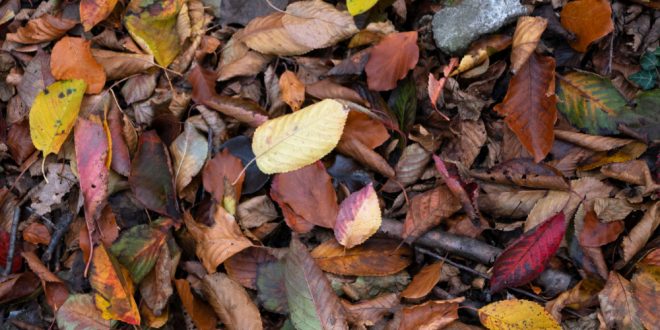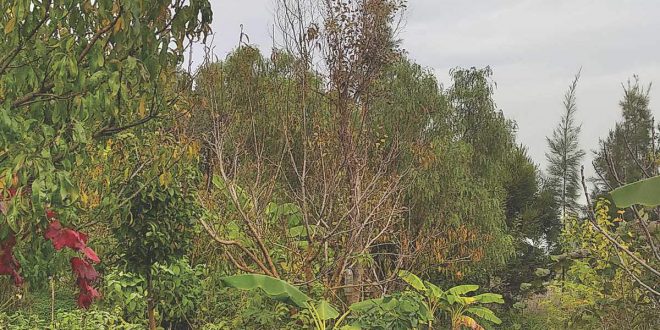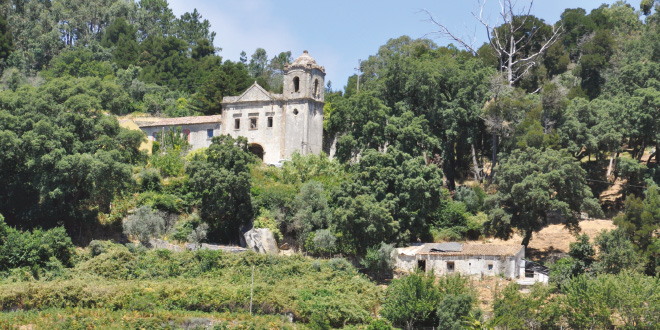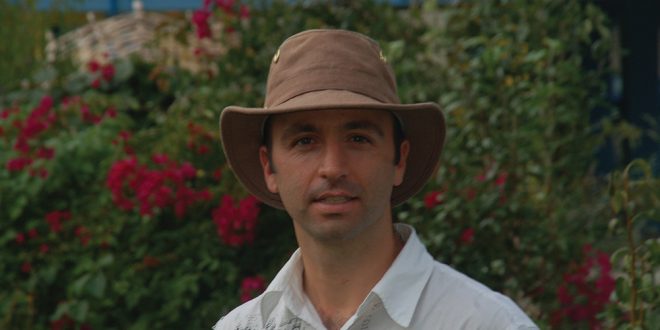Saturday 18th September 2021. By now every serious democratic candidate has been given the chance to air their views on the forest fires in a 30-minute unscripted interview. Their replies to the question of what they are intending to do to break the cycle of forest fires in Monchique, or to stop them altogether, makes it look as if they didn’t really have a solution in mind. José Chaparro, Bruno Estremores, João Duarte and Paulo Alves are the four candidates who all want to become mayor, and all of them still have a real chance to make this happen. Unless …
Read More »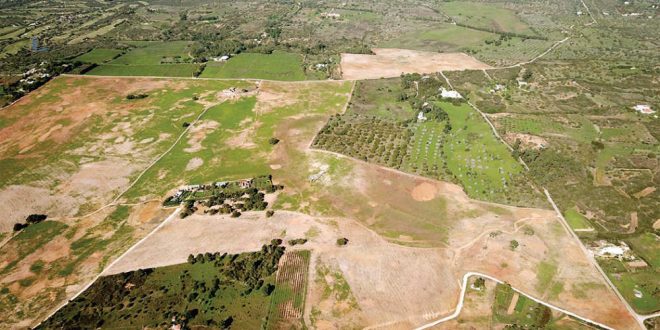
 Eco123 Revista da Economia e Ecologia
Eco123 Revista da Economia e Ecologia

